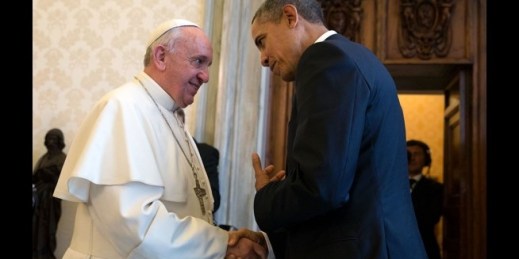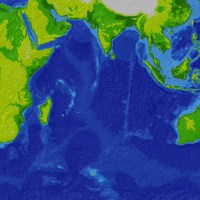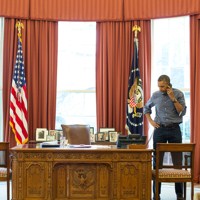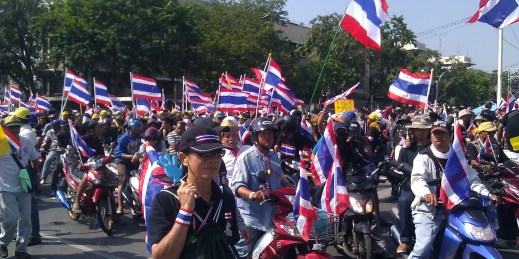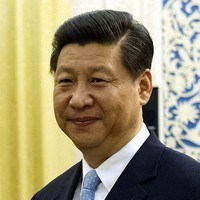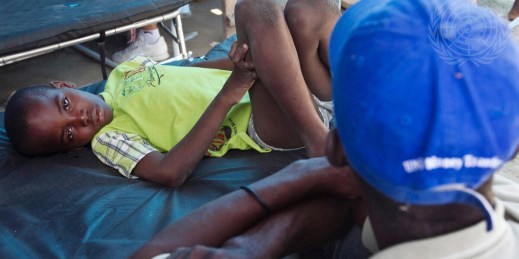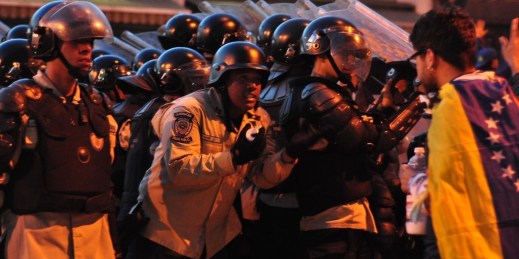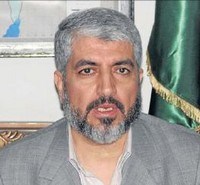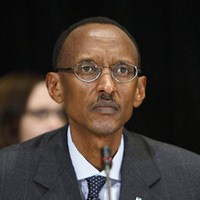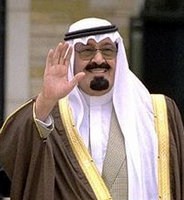
U.S. President Barack Obama visited Saudi Arabia last week, where simmering dissent and repression in the Shiite-majority areas of the Sunni-dominated country continue to claim the lives of protesters and police three years after the Arab Spring. In an email interview, Stephane Lacroix, an associate professor at Sciences-Po who studies authoritarianism and Islamic social movements with a focus on Saudi Arabia, explained the status of Shiites in Saudi Arabia. WPR: What is the status of Shiites in Saudi Arabia in terms of political rights and access to state resources? Stephane Lacroix: Saudi Shiites, about 10 percent of the Saudi population, […]

